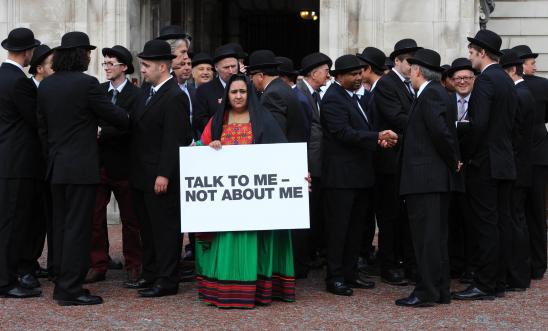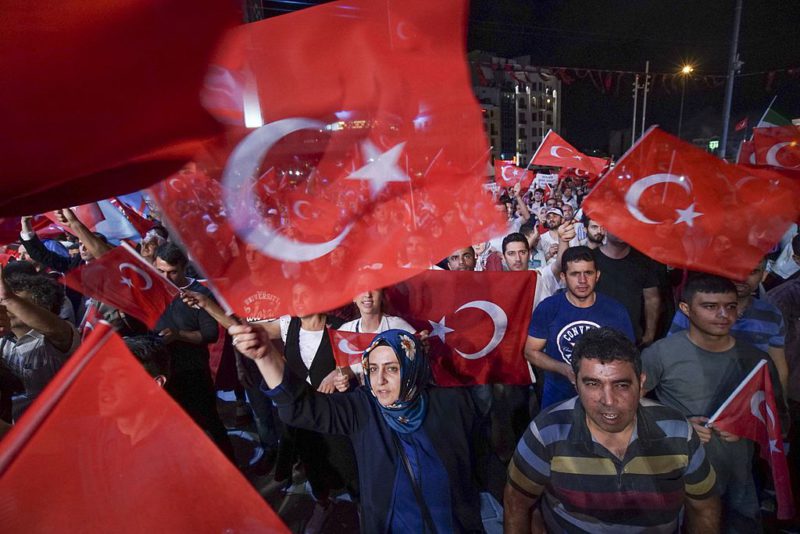Lebanon made headlines throughout the world for its recent anti-government unrest.
The country saw its fair share of anti- government protests in 2011 during the Arab Spring. However, a corruption-riddled failed political system is dragging Lebanon towards a new state of protests. Back in 2010, the Ministry of Energy launched a creative media campaign called “LebanOFF, LebanON” to signal a revamp in the country’s power production system, which had been inefficient for decades. But not too long after the media campaign, the Lebanese people found themselves plunged into even deeper darkness as politicians failed to fulfill their promises.
The recent garbage collection crisis, which sparked protests occurred when the government did not renew the contract with a private company responsible for collecting garbage and street sweeping in Beirut and Mount Lebanon, where the country’s main sanitary landfill had reached its capacity. Arrangements were not made by the government to avoid such circumstances. The result was tonnes of rubbish on the streets of Beirut at one of the hottest times of the year.
It triggered a civil society movement called “You Stink” addressed to shame politicians on their irresponsibility and incompetence. Protesters occupied the Ministry of Environment to demand the government’s resignation and immediate parliamentary elections. Protesters clashed with the police resulting in injuries to both the police and protesters. Though it was prompted by the disruption in garbage collection, overtime “You Stink” has grown into a movement against the system of mis-governance and corruption, which has infuriated the general public. Garbage collection and power generation are two issues generated by the flawed system that the Lebanese general public has dealt with for over two decades.
Since the end of Lebanon’s civil war in 1990, investment and infrastructure have largely been ignored. The government’s approach of getting private companies to provide public services produced parallel systems. The country has not had a president for more than 450 days and is “run” by parliamentarians who were elected in 2009 and have extended their own terms until 2017 after disagreeing on a law which called for new elections. All 27 parliamentary sessions to elect a new president have failed some due to boycotts by members of parliament. The absence of a president who presides over cabinet meetings has confused cabinet members about whether its decisions should be adopted by consensus or a simple majority. Both the parliament and cabinet are therefore practically inoperative.
Spill over from the Syrian civil war
Lebanon has become prone to sectarian divisions due to its shared border with Syria, where civil war has caused 1.1 million Syrians to take refuge in Lebanon, becoming a fourth of the country’s population. This has strained public services and the economy. The arrival of Syrian refugees brought in cheap labour and monetary deposits, causing local wages to fall and inflation to rise. Around a third of the youth is unemployed. GDP growth fell from 9.3% in 2008 to 1.4% in 2012.
The Future of the “You Stink” movement
After massive demonstrations, Lebanon’s government approved a proposal to bring the garbage collection crisis to an end. According to the plan, the government will build two new waste disposal sites in the country.
Pascal Monin, a professor at the Institute of Political Science at Saint Joseph University in Beirut believes that the “You Stink” movement must not end here. According to him the Lebanese people should take this opportunity to bring political reform peacefully through institutional channels. He also believes the citizens should pressurize the government to hold presidential elections along with electoral reforms to ensure a fairly represented parliament.
The approval of a waste collection plan can be the first step towards reforming Lebanon’s need for a truly representative parliament.



